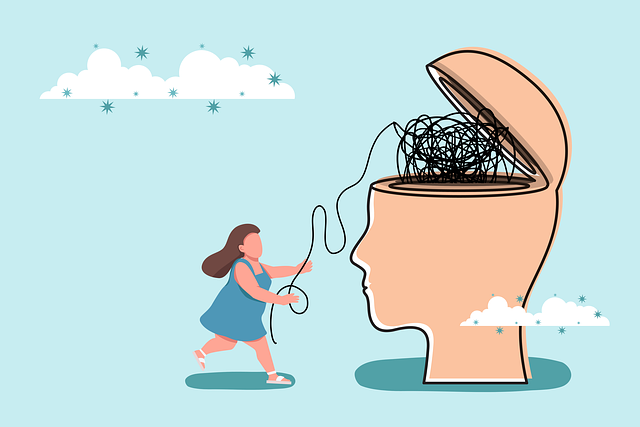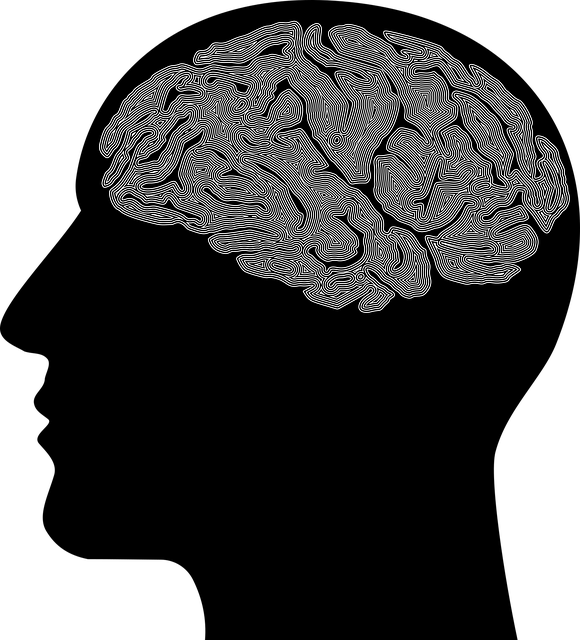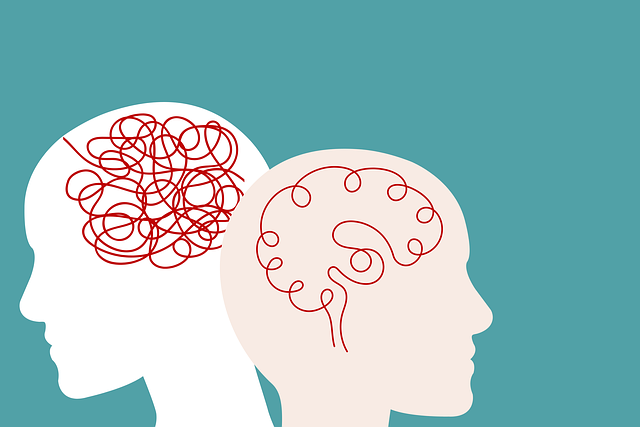Lone Tree French Speaking Therapy offers mental wellness groups that create safe, supportive communities for individuals facing mental health challenges. Skilled professionals facilitate these groups using evidence-based practices like compassion cultivation and emotional regulation, ensuring cultural sensitivity to meet diverse needs. Effective communication strategies, including active listening and tailored activities, foster open dialogue, trust, and peer support. The result is an inclusive environment that promotes emotional healing, reduces stigma, and enhances overall well-being for French-speaking communities. Through interactive methods like podcasts and group exercises, these therapies engage participants, encourage personal growth, and build a strong sense of community.
Mental wellness group facilitation plays a pivotal role in fostering support networks and enhancing therapeutic outcomes. This article delves into the intricacies of leading such groups, highlighting the unique advantages of a Lone Tree French-speaking therapist in creating a safe haven for participants. We explore essential techniques, from effective communication strategies to building trust and encouraging engagement. By understanding these foundations, facilitators can navigate complex dynamics, ensuring every voice is heard and valued.
- Understanding Mental Wellness Groups: The Foundation of Support
- The Role of a Lone Tree French Speaking Therapist in Facilitation
- Effective Communication Strategies for Group Dynamics
- Creating a Safe and Inclusive Environment: Building Trust
- Techniques to Enhance Engagement and Participation
Understanding Mental Wellness Groups: The Foundation of Support

Mental wellness groups serve as a powerful foundation for support, fostering a sense of community among individuals facing similar challenges. These groups provide a safe and non-judgmental space where members can openly share their experiences, fears, and triumphs related to mental health. In a world where stigma still persists, such supportive environments are vital for promoting understanding and empathy. The group dynamic allows individuals to realize they are not alone in their struggles, fostering a sense of belonging.
Facilitating these groups requires skilled professionals who can guide participants through various evidence-based practices. Compassion cultivation techniques, emotional regulation strategies, and mind over matter principles are often at the core of these facilitation methods. Lone Tree French Speaking Therapy, for instance, utilizes these tools to cater to specific cultural needs, ensuring that every member feels seen, heard, and supported throughout their journey towards improved mental wellness.
The Role of a Lone Tree French Speaking Therapist in Facilitation

In the context of mental wellness group facilitation, a Lone Tree French-speaking therapist plays a unique and pivotal role. These professionals bring a dual expertise, offering both therapeutic skills and a deep understanding of cultural nuances specific to French-speaking communities. By serving as a lone tree in diverse group settings, they create safe spaces for individuals to share their experiences, fostering emotional healing processes through open dialogue and mutual support. Their ability to navigate complex cultural landscapes ensures that every participant feels heard and respected, enhancing the overall effectiveness of group therapy sessions.
Furthermore, Lone Tree French-speaking therapists contribute significantly to community outreach program implementation. They can tailor interventions to meet the specific needs of their communities, addressing cultural barriers and promoting mental health awareness. Through their expertise, they facilitate accessible and culturally sensitive programs that empower individuals to take charge of their mental wellness. Effective risk management planning for mental health professionals is also integral to their practice, ensuring safe and supportive environments where participants can engage in vulnerability without fear of judgment or exacerbation of existing challenges.
Effective Communication Strategies for Group Dynamics

In facilitating a mental wellness group, effective communication strategies are key to fostering inclusive and productive dynamics. As a Lone Tree French Speaking Therapy professional, understanding the diverse backgrounds, languages, and emotional states of group members is essential. This requires active listening, clear and concise explanation of therapeutic concepts, and encouragement of open dialogue in a safe space. By creating an environment where every individual feels comfortable expressing their thoughts and feelings, facilitators can enhance mental health awareness and encourage peer support within the group.
Utilizing techniques such as reflective listening, mirroring body language, and paraphrasing helps build trust and strengthens social skills. These strategies are particularly beneficial for managing stress in a group setting, enabling members to feel heard and understood during challenging discussions. Moreover, integrating interactive activities and exercises tailored for language preferences can enhance engagement, making Stress Management Workshops Organization more accessible and impactful. Through these communication approaches, facilitators not only improve mental wellness but also equip participants with valuable social skills training, ultimately enriching their overall well-being.
Creating a Safe and Inclusive Environment: Building Trust

Creating a safe and inclusive environment is paramount for effective group facilitation, especially when catering to diverse populations like a French-speaking therapy community. As a facilitator, cultivating an atmosphere of trust and acceptance allows individuals to feel seen, heard, and respected. This is particularly crucial for those facing mental health challenges, such as anxiety relief or self-esteem improvement, who may be vulnerable during group interactions.
Building trust involves creating a non-judgmental space where participants feel comfortable sharing their experiences and perspectives openly. Incorporating compassion cultivation practices can significantly aid in this process. By encouraging empathy, understanding, and kindness among group members, facilitators foster an environment that encourages honest conversations, promoting a sense of belonging and support, akin to the nurturing atmosphere provided by Lone Tree French Speaking Therapy.
Techniques to Enhance Engagement and Participation

In facilitating mental wellness groups, especially with a diverse audience like Lone Tree French Speaking Therapy clients, engaging participants and encouraging active involvement are key. One effective technique is incorporating Compassion Cultivation Practices. Starting sessions with brief meditation exercises or sharing personal stories that evoke empathy can foster a sense of connection among group members. This not only enhances participation but also builds a supportive atmosphere where individuals feel more comfortable sharing their experiences and insights openly.
Additionally, leveraging the power of Mental Wellness Podcast Series Production can significantly boost engagement levels. Creating and sharing relatable content that delves into various mental wellness topics can spark interesting discussions within the group. By integrating these conversations into session activities, facilitators can prompt participants to draw parallels between podcast themes and their own lives, promoting deeper reflection and participation. Encouraging positive thinking through such interactive methods ensures a dynamic and inclusive environment, making each session an opportunity for personal growth and community building.
Mental wellness groups, facilitated by skilled therapists like Lone Tree’s French-speaking professionals, offer a powerful support system. By employing techniques that foster safe, inclusive environments, enhance communication, and encourage engagement, these groups can significantly improve mental health outcomes. Incorporating diverse strategies allows for tailored support, ensuring every member feels valued and empowered to navigate their journey towards well-being. This holistic approach not only benefits individuals but also enriches the community as a whole.












